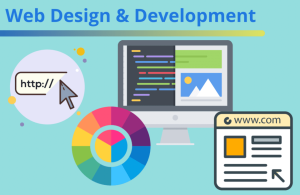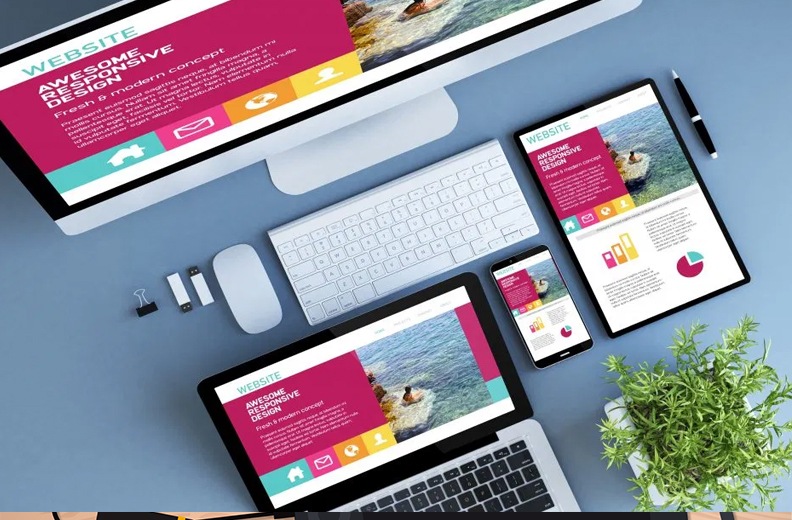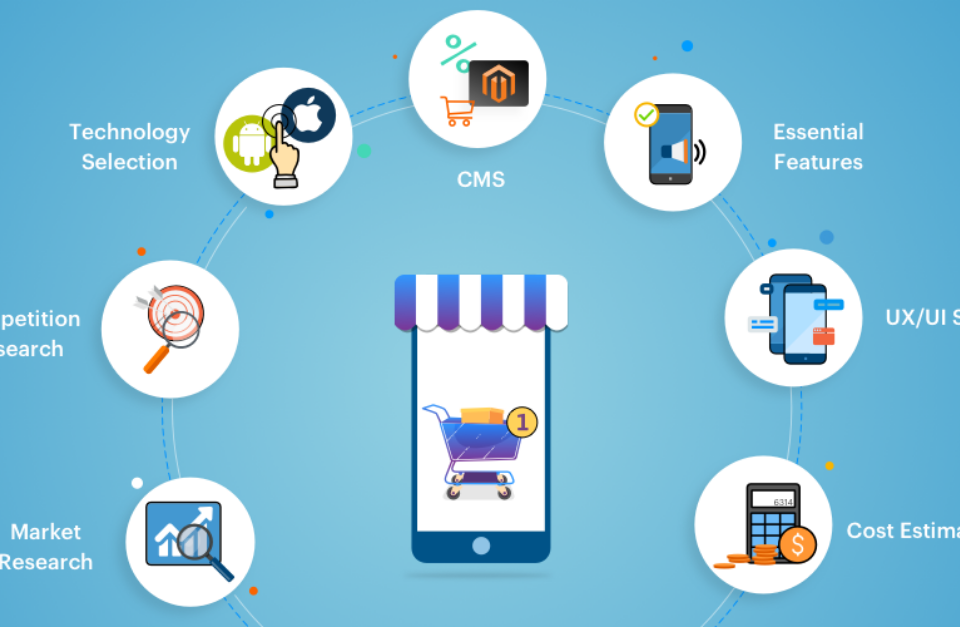- Have any questions?
- (Prasad) +91 96191 46851 | (Parag) +91 99878 20022
- support@pnpwebdesign.com
Exploring the Diverse Landscape of Websites: Understanding Different Types of Sites

Unveiling the Top Website Development Companies in India: A Comprehensive Guide
March 31, 2024
Exploring the Diverse Landscape: Understanding the Types of Websites
March 31, 2024Exploring the Diverse Landscape of Websites: Understanding Different Types of Sites

In today’s interconnected world, websites serve as the digital storefronts of businesses, the virtual hubs of information, and the creative canvases of individuals. From e-commerce platforms to personal blogs, the internet is teeming with an array of websites tailored to meet various needs and purposes. In this comprehensive guide, we’ll delve into the diverse landscape of websites, exploring the different types of sites that populate the online realm.
-
Static Websites:

Static websites consist of web pages with fixed content that remains unchanged unless manually updated by the site owner. These sites are simple in structure and typically feature basic HTML and CSS code. While static websites are easy to create and maintain, they offer limited interactivity and dynamic functionality.
-
Dynamic Websites:
Dynamic websites, on the other hand, employ server-side scripting languages such as PHP, Python, or Ruby to generate content dynamically in response to user input or database queries. These sites are highly interactive and customizable, allowing for real-time updates, user authentication, and personalized content delivery. Examples include social media platforms, online forums, and content management systems (CMS).
-
E-commerce Websites:
E-commerce websites facilitate online transactions by allowing users to browse, select, and purchase products or services directly from the site. These platforms often feature secure payment gateways, product catalogs, shopping carts, and order management systems. E-commerce giants like Amazon, eBay, and Shopify exemplify the vast potential of online retailing.
-
Blogging Platforms:



Blogging platforms enable individuals or organizations to create and publish content in the form of blog posts, articles, or multimedia presentations. These platforms offer built-in content management tools, customizable templates, and social sharing features to streamline the blogging process. Popular examples include WordPress, Blogger, and Medium, which empower bloggers to share their thoughts, experiences, and expertise with a global audience.
-
Portfolio Websites:
Portfolio websites showcase the work, projects, and achievements of individuals or businesses in a visually compelling manner. These sites serve as digital portfolios for artists, designers, photographers, and freelancers to showcase their talents and attract potential clients or employers. Portfolio websites often feature galleries, testimonials, and contact forms to facilitate engagement and inquiries.
-
Landing Pages:
Landing pages are standalone web pages designed with a specific goal or conversion objective in mind. Such as capturing leads, promoting a product launch, or driving sign-ups for an event. These pages are meticulously crafted to convey a clear message, offer a compelling call-to-action (CTA), and guide visitors towards taking the desired action. Effective landing pages are optimized for conversion through persuasive copywriting, captivating visuals, and intuitive design.
-
Community Forums:



Community forums, also known as online discussion boards or message boards. Provide a platform for users to engage in discussions, share insights, and seek advice on various topics of interest. These forums foster a sense of community and collaboration among like-minded individuals. Allowing users to exchange ideas, ask questions, and build relationships with fellow members. Examples include Reddit, Quora, and Stack Overflow, which host vibrant communities spanning diverse niches and interests.
Conclusion: Types of sites
From static pages to dynamic platforms, from personal blogs to e-commerce behemoths, the internet is replete with a myriad of websites catering to every conceivable need and niche. By understanding the different types of sites and their unique characteristics. You can harness the power of the web to connect, inform, and engage with your audience in meaningful ways. Whether you’re a business owner, blogger, or aspiring entrepreneur. Choosing the right type of site is essential for achieving your online objectives and making a lasting impact in the digital landscape.





